A warm muggy November evening in Canberra is threatening rain. At the National Library of Australia, a stone’s throw from Lake Burley Griffin, Arts Minister Senator Mitch Fifield and the Library’s Director-General Anne-Marie Schwirtlich are meeting and greeting at the Prime Minister’s Literary Awards. It’s very special to be here. Let My People Go –The Untold Story of Australia and the Soviet Jews 1959-89 (Hybrid Books), which I wrote with co-author Suzanne Rutland, has been short-listed in the Australian History category. Much excitement since the totally unexpected news that we made the cut with The Story of Australia’s People –The Rise and Fall of Ancient Australia (Penguin) by Geoffrey Blainey; Red Professor: The Cold War Life of Fred Rose by Peter Monteath and Valerie Munt (Wakefield Press); Ned Kelly: A Lawless Life (Connor Court Publishing) by Doug Morrissey; and The War with Germany: Volume III – The Centenary History of Australia and the Great War (Oxford University Press) by Robert Stevenson. Suzanne, an Emerita Professor of History at the University of Sydney, is in Iasi, Romania, at an international conference on Holocaust Remembrance. But I promise to send an SMS whatever happens.
It’s been another long Parliamentary sitting day in Canberra, and in a rowdy Question Time the Opposition has targeted Prime Minister Malcolm Turnbull on what he knew about former Senator Bob Day, and when did he know it. They were also at him for changing his mind about Section 18C and the Racial Discrimination Act. But speaking before he announces the winners, the prime minister seems a thousand miles from care. He recalls his own days as an author of three books, and as a barrister who defended the late Robert Hughes in a publisher’s dispute. He praises historians, storytellers, and poets for capturing Australia’s ‘journey as a nation’. And he encourages parents (and grand parents) to read aloud to their children. When he singles out two of the short-listed writers – Blainey and (in the Non-Fiction category) Sheila Fitzpatrick for On Stalin’s Team –The Years of Living Dangerously in Soviet Politics (Melbourne University Press) – I take it as a sign of things to come. So no surprise when the ABC’s Michael Cathcart hands over the envelope, and The Story of Australia’s People is the winner. The surprise, however, comes a few seconds later when the prime minister keeps reading – and Let My People Go has also won.
With surprise comes jubilation. But how to react? Not a good look to shout ‘Yesss!’, throw the arms in the air, and click the heels in a sideways jump. But after inner elation comes restrained panic, as I realise that I have no prepared remarks or even scratchy notes. Luckily, Blainey speaks first, and I gain a few moments to try to calm down. He commends his school teachers, especially A. A. Phillips, the writer and critic who coined the phrase ‘cultural cringe’. In 1965 Blainey writes a history which makes history and coins his own memorable phrase: ‘The Tyranny of Distance’. At Melbourne’s Wesley College in the early 1940s, however, where Blainey recalls he was down from the country on a scholarship, Phillips would write ‘Too flabby’ on the future literary prize-winner’s essays. This Canberra evening, the prolific author of more than 40 books, many of them foundational texts, is grateful. He credits Phillips with teaching him the value of shorter sentences. And as the nation’s doyen historian, he concludes his acceptance with his conviction that Australia, ‘with all its flaws’ is a great success story.
A very hard act to follow. In every way. I begin by quoting a line from Genesis that I believe applies to Blainey: ‘There were giants upon the earth in those days…’ And I go on to some deserved thanks: my co-author for her indispensable ground-breaking decade of research; our publishers at Hybrid; and my wife Aura, who was with me in Moscow in 1987 during the beginnings of glasnost and perestroika. Which was when we first met the refuseniks, the leaders of the Soviet Jewry movement who were denied permission to leave for Israel, and when the idea for a book about the Australian campaign for Soviet Jewry first formed. I am most grateful, however, to my fellow Australians – Jews and non-Jews, prime ministers and backbenchers, Labor and Liberal, diplomats and academics, left and right, clergy and journalists, who supported the eventually successful international human rights campaign, arguably the Cold War’s most successful and influential. After 1989 it led to the exodus of over a million Soviet Jews, one of the great cultural and intellectual migrations of modern history. Most of the exodus went to Israel, where it helped to build today’s ‘Start Up Nation’.
We’ve been asked to keep our remarks down to a minute or two, and there’s no music to warn us to shut up. Somehow I manage to comply. But if I could keep the captive audience for just another minute, I’d make just one more point: that as early as 1962 Australia was the first government, ahead of the United States, to protest at the United Nations against Moscow’s persecution of the Jews.
This set an historic precedent which reverberated internationally. It was one of many Australian ‘firsts’ that followed in this largely unknown drama, much of which unfolded back-stage over three decades of political history. It was a drama with quite a cast, including every prime minister and foreign minister, with starring roles for William Wentworth, Garfield Barwick, Kim Beazley snr, John Wheeldon, Malcolm Fraser and, most notably, Bob Hawke. So this Canberra evening, as the rain finally comes, it’s been good to share the celebration with them in absentia.
Got something to add? Join the discussion and comment below.
Get 10 issues for just $10
Subscribe to The Spectator Australia today for the next 10 magazine issues, plus full online access, for just $10.

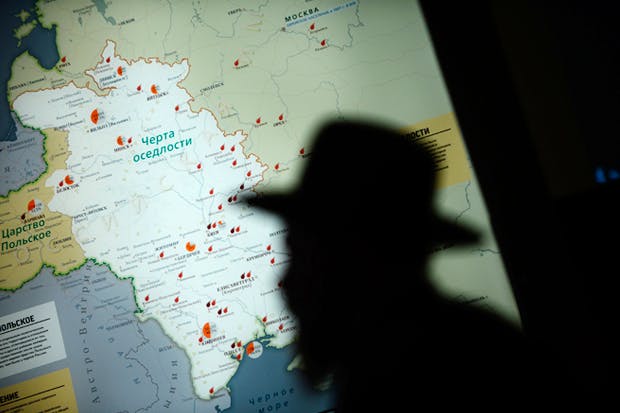
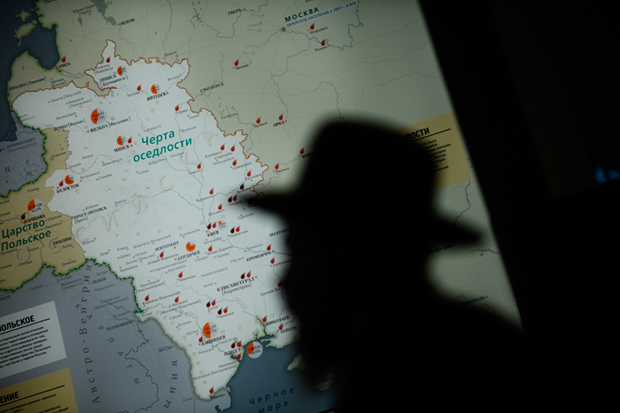
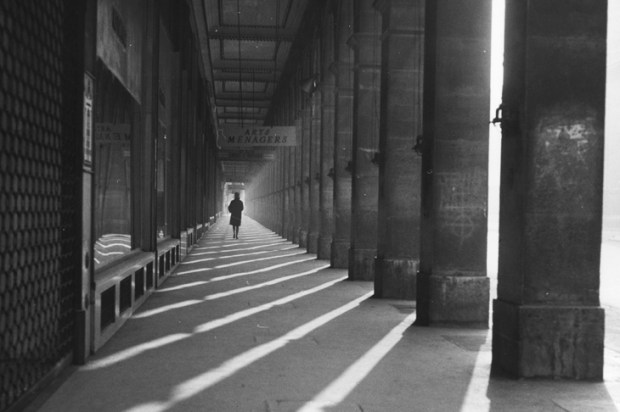
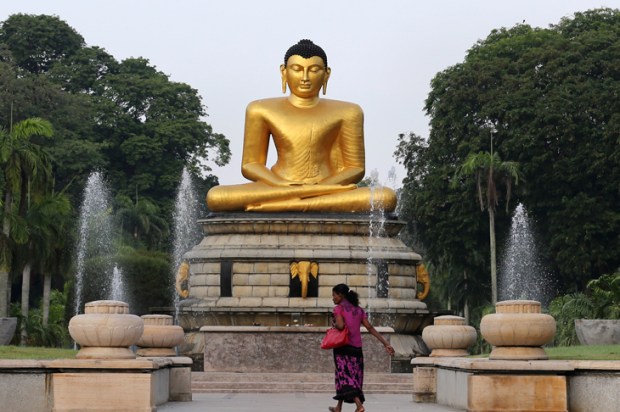
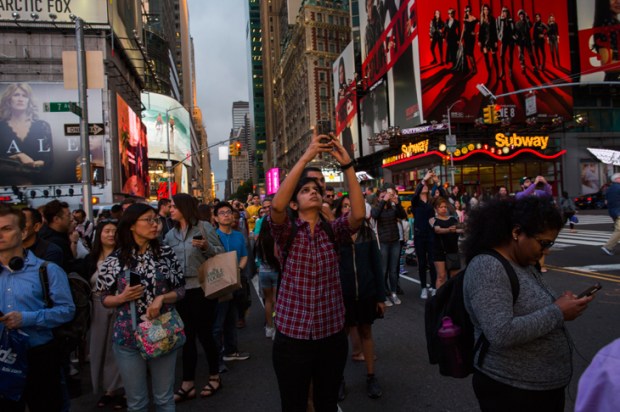
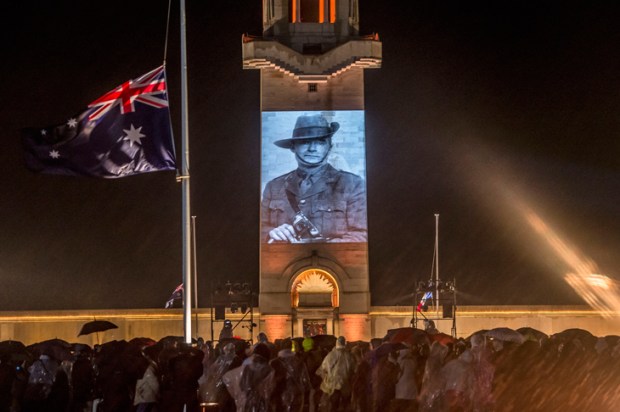
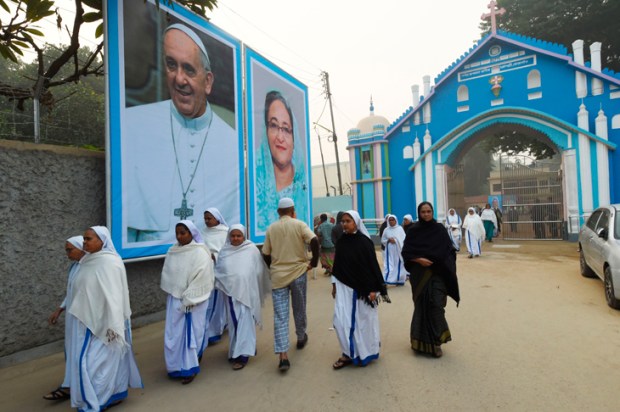






Comments
Don't miss out
Join the conversation with other Spectator Australia readers. Subscribe to leave a comment.
SUBSCRIBEAlready a subscriber? Log in